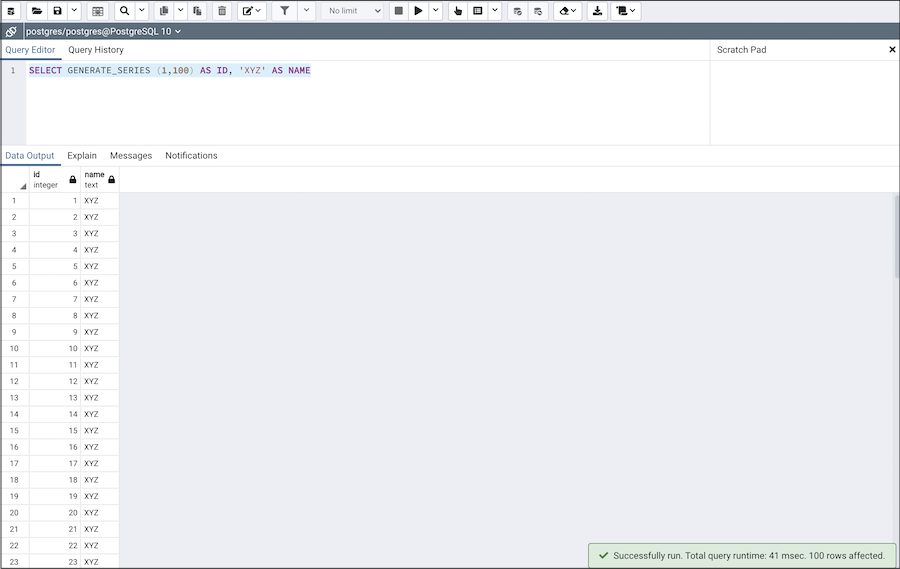

#Trailing indent pdfkit update#
#Trailing indent pdfkit pdf#
Pdf Annotation (NSCoder) A constructor that initializes the object from the data stored in the unarchiver object.
#Trailing indent pdfkit full#
If I'm mistaken, and Dhek has features I've missed that make it able to do full templating, I'd love to be corrected, but I still think it would be better for this discussion to happen elsewhere, away from the PDFkit issue log. Pdf Annotation (CGRect, Pdf Annotation Key, NSDictionary) Pdf Annotation (Int Ptr) A constructor used when creating managed representations of unmanaged objects Called by the runtime. def rendertoresponse(self, context, responsekwargs): def indent(s). Dhek seems to be specifically geared toward a mail merge sort of situation, where it is adding text to an existing PDF without any sort of control over layout of the resulting PDF. blocks as strings with leading/trailing whitespace stripped for blockname. I'm not saying that to put Dhek down, but a complete templating solution would allow you to (for instance) use the table header template with data for the column names, and then use the row template for n rows of data, with pagination on every page and a page header and page footer on every page. I wish we could have this discussion somewhere else, since Dhek is interesting, but not really related to PDFkit, and actually not related to what is normally considered templating either. Advantage is that it's much more easy to design layout (with preferred GUI tool). In this way PDFKit can be used for now to 'write' user data according template areas on the existing/base document, but you can find web services able to (which are callable with some node.js code). Design your base document in LibreOffice and export it as PDF). Other approach is to create a template just from user data areas, base PDF being design in a graphical tool whatever is the one you prefer (e.g. continuedX this.indent rn + indent rn this.lineWidth - indent. Indeed, as this template define layout areas, it should be define on an blank document, with as many blank pages as required. From that your own code using PDFKit can iterates over templates & user data to generate each custom PDF from scratch.įor this first approach is a trick to define a 'layout' template: create an base PDF with blank pages (e.g.

), second defines where to fill user data (e.g. So I'd take a look at wkhtmltopdf and see what options it supports. By using Codable, the JSON response will be mapped automatically into the objects we have here. This class will parse the response of the Cocktail API into these classes. where to write document title, page description. dimanyc: I'm not sure, but from browsing the source in this repo it looks like the pdfkit gem strips the pdfkit-meta prefix and then passes the name verbatim to the wkhtmltopdf command. Create a new Swift file called Cocktail.swift by right clicking on the Margaritas PDFKit Group and click on New File: Call the file Cocktail.swift and click on Create. First defines area where to lay out elements common to all PDF (e.g. In first way, from scratch using PDFKit, you can design with Dhek two complementary templated: one for layout elements, other for user data elements. Constructor to call on derived classes to skip initialization and merely allocate the object.

You can use such template either to generate PDF from scratch, or to populate a base PDF with user data. Creates a new PDF destination object with default values.


 0 kommentar(er)
0 kommentar(er)
